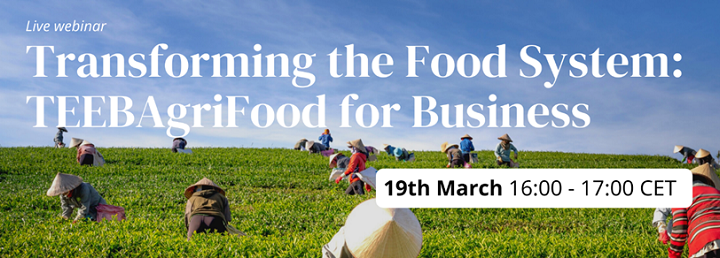The UN Decade on Ecosystem Restoration is launching a global online survey to identify what and whose capacities need to be enhanced to achieve the goals of the Decade. This survey was jointly developed by a coalition of 38 organizations, under FAO’s leadership.
The survey will provide a baseline in terms of existing system-wide capacities; help identify strengths, gaps, needs and barriers to achieving restoration at scale and guide the UN Decade’s system-wide capacity development efforts, to the benefit of all involved. [Read more…] about Taking Stock of Global Capacity for Ecosystem Restoration


